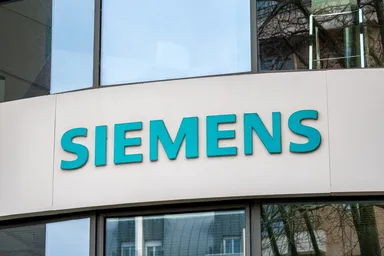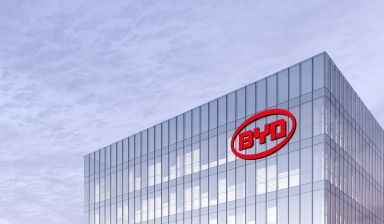E.ON Company profile
What is E.ON?
E.ON is a German-based global power and gas company engaged in generating and providing electricity, as well as retailing power, gas and heat. The company has approximately 43,000 employees. It operates across three core businesses areas: Customer Solutions, focusing on customers in Europe; Energy Networks; and the Renewables segment consisting of Onshore Wind/Solar and Offshore Wind/Other.
E.ON offers customers a variety of innovative energy services including flexible demand management, virtual power plants and efficient storage solutions. It has more than 1 million km of energy networks in Europe, and one third of all renewable capacity in Germany is connected to E.ON networks. By 2025, it’s planned that 80 per cent of E.ON’s installed capacity will come from renewable sources.
Who are the key people at E.ON?
Dr Johannes Teyssen has been Chief Executive Officer since 2010 and a Member of the Board of Management since 2004, so he’s got years of experience running the company. In fact, he began his professional career at E.ON in 1989, when he joined the electricity generating division of its predecessor company VEBA. Dr Teyssen was President of Eurelectric, the European umbrella organisation of the electricity sector, from 2013-15, and the World Energy Council’s Vice Chair responsible for Europe from 2006-12.
Other key figures at E.ON include Dr Marc Spieker, Chief Financial Officer; Dr Leonhard Birnbaum, Chief Operating Officer – Networks & Renewables; and Dr Karsten Wildberger, Chief Operating Officer – Commercial.
What is the modern history of E.ON?
E.ON was established in 2000 through the merger of VEBA and VIAG, two German energy companies. It acquired the UK’s Powergen in 2002 – this became rebranded as E.ON UK – and the following year E.ON entered the gas market through the acquisition of Ruhrgas. In 2006 E.ON failed in its bid for Endesa, but acquired about €10 billion of assets that victor Enel was required to divest following EU competition rulings.
In Britain, E.ON was caught up in controversy in 2014 when energy regular Ofgem ordered the company to pay 330,000 of its customers a total of £12 million compensation for poor sales practices the company engaged in between 2010 and 2013. It was the biggest penalty ever to hit a UK energy supplier, and received a lot of media attention at the time.
What are the latest developments at E.ON?
The big issue currently dominating Germany’s energy sector is the Merkel government’s decision to get out of nuclear power following Japan’s Fukushima disaster of 2011. E.ON’s legacy nuclear business contributed around a sixth of its operating profit in the first nine months of 2017, but that will disappear when its remaining German nuclear plants stop operating. The company therefore aims to make up for the expected profit deficit in nuclear power by growing its other divisions.
E.ON certainly has the financial strength to fund such growth, having raked in over €8 billion through a capital increase, a nuclear fuel tax rebate and the sale of its remaining stake in Uniper, which it spun off in 2016.
For the latest E.ON share price, check out Capital.com. And to see how E.ON stock has been performing over recent weeks and months, take a look at our EOAN chart.
Where does E.ON operate?
E.ON’s headquarters are in the west German city of Essen, but it operates in over 30 countries across Europe including Britain, France, Italy, Hungary, Romania and the Czech Republic. E.ON serves more than 30 million customers and has over 40,000 staff.
Where is E.ON traded?
E.ON shares are traded on the Frankfurt Stock Exchange. The stock is included in the DAX stock index and the Global Titans 50 index. Check out Capital.com for the latest EOAN chart.
Latest shares articles



